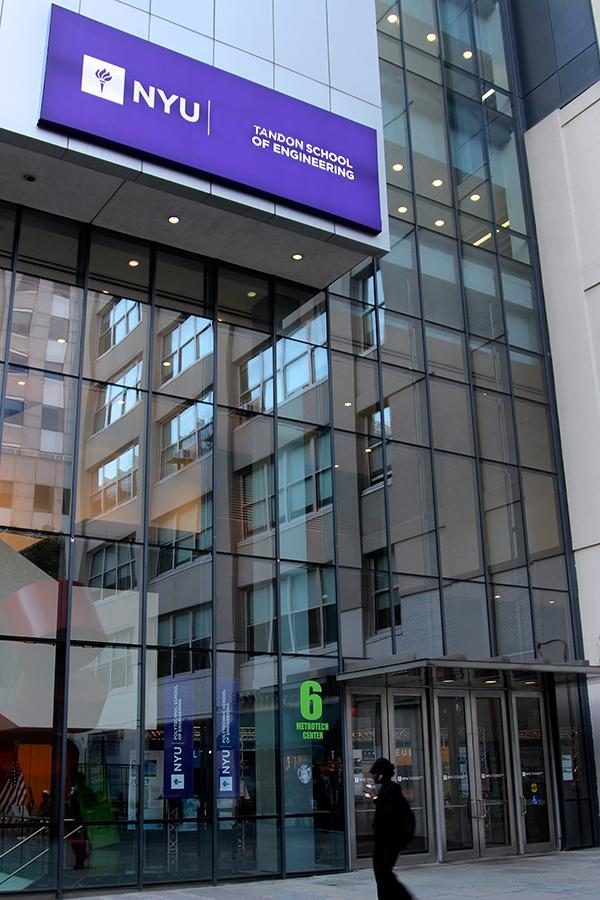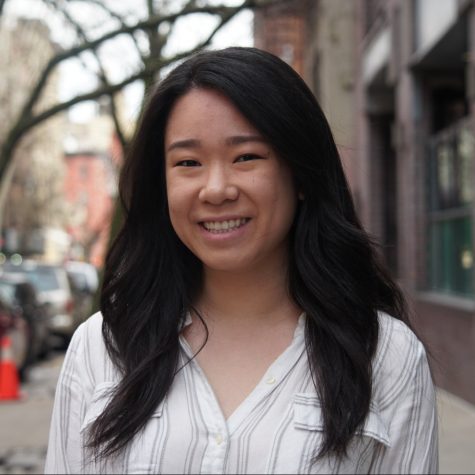Tandon’s Future Labs Supports Tech Startups
NYU Tandon is home to a new Future Labs incubator, aiming to help tech startups transform into successful companies.
October 30, 2017
Innovation is brewing at NYU.
NYU Tandon Future Labs is helping tech startups transform into successful companies through a two-year incubation program which guides new companies through development with advice and support.
Today and tomorrow, startups will learn to incorporate artificial intelligence into their companies at the NYU Tandon Future Labs AI Summit, which runs from Oct. 30 to 31. The guest speakers were hand-selected to walk attendees through the basics of artificial intelligence and train them on deploying working models.
As a mentor at Future Labs, Managing Director Steven Kuyan works with the startups to build a strong foundation through networking and programming. Kuyan has been with Future Labs since 2009, just before opening the doors of what was then called the Varick Street Incubators. The Future Labs incubators make sure their startups have the connections and resources they need to develop smoothly.
“It’s my job to surface our companies’ needs, whether or not they know what they are,” Kuyan said. “In many cases, companies are in the midst of development cycles, fundraising among the many other tasks that it takes to run a startup, and may not realize both potential opportunities and challenges.”
According to its website, Future Labs generated over $352 million in economic impact through direct and indirect job creation, taxes and spending and created over 1,255 jobs as of 2012. Kuyan says these numbers are steadily increasing.
Kuyan has also noted the mutually beneficial relationship the Future Labs has with the city of New York. Ventures with no affiliation with NYU benefit from the access to their resources and the startups are able to pull from the resources of city agencies. Thirty percent of the startups have an affiliation with NYU.
Future Labs now has four incubator communities and a four-month acceleration program called AI NexusLab. The incubators focus on a different aspect of the tech field, and one of them was specially designed for military veterans who have graduated from NYU’s Veteran Entrepreneurship Training program.
Startups pay a per-desk fee and can work in these incubators for up to two years, with full access to Future Labs workspace and media equipment, as well as a network of other business owners, NYU faculty, mentors, customers and investors. They are selected by Future Labs through a lengthy process that considers their technical feasibility, commercial viability and opportunity, Kuyan said.
The length of the program is appealing to many startup founders, like Mutisya Ndunda, the co-founder and CEO of recent Future Labs graduate Alpha Vertex, a fintech company focusing on building intelligent analytical systems through the use of artificial intelligence.
“We were looking at a number of competing incubator programs,” Ndunda said. “But we liked the fact that this was the only program that worked with companies for up to two years instead of just three to four months.”
Some founders come back to Future Labs for further support. Vinay Anantharaman and Michal Wolski, who met through a different startup at Future Labs three years ago, are back with their new company Bite AI, which concentrates on healthy eating through the power of machine learning.
“We are excited to be back in the space because it’s more than just a workspace, it’s a community,” Anantharaman said. “For any challenge or situation there is another company who is willing to provide advice and sometimes even help with the solution.”
A version of this article appeared in the Monday, Oct. 30 print edition. Email Natalie Chinn at [email protected].
















































































































































